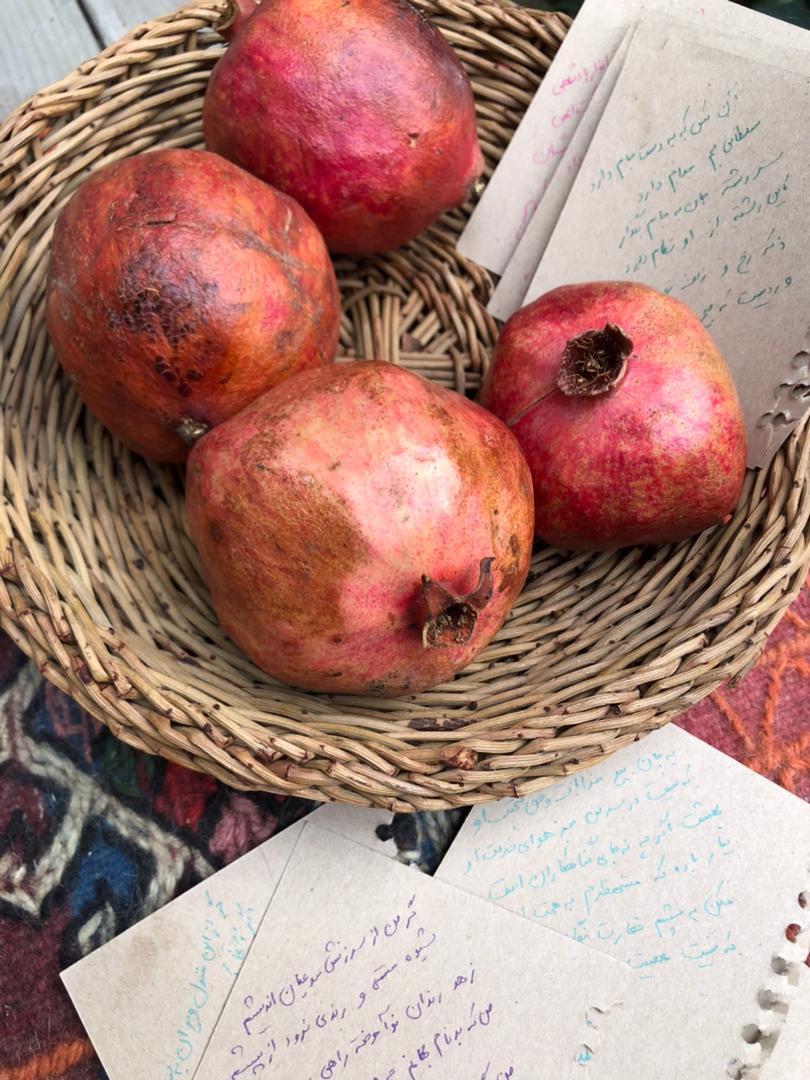Although many celebrations fade away by the passage of time, the vibrant, festive ceremony of Shab-e-Yalda (Shab-e-chelle) is one of the festivities that stood the test of time. It remains as one of the most ancient national ceremonies that has been celebrated in Iran as well as a few other countries for centuries since the old days of the Persian Empire.
Yalda night (celebrated as the rebirth of the sun) is the winter solstice festival in the northern hemisphere celebrated on the “longest and darkest night of the Persian year” which is the last night of the autumn & corresponds to December 20/21 in the Gregorian calendar & it’s also celebrated in countries like Tajikistan, Afghanistan, Uzbekistan, Turkmenistan Azerbaijan, Armenia & a few other countries that have some ceremonies not equal but quite similar to Yalda at almost the same time of the year.
As a tradition, Iranians gather in the homes of the elders of the family or their friends’ houses on Yalda night to eat, drink, talk, dance and read poetry (especially Hafez and Shāhnameh) until late after midnight.
Fruits (fresh & dried) and nuts are common items on any Yalda night. pomegranates and watermelons are particularly significant among the served fruits. The ancient myth is that eating watermelon on Yalda night makes people immune to the cold weather of the upcoming winter as well as the approaching summer’s heat & eating pomegranate makes their life blessed & fruitful. In some parts of Iran, especially among the more traditional families, the family of the groom sends a basket of Yalda items or a beautifully decorated watermelon along with different fresh and dried fruits as well as small gifts or jewelry to the house of his future wife as a nice gesture & custom.
By the way, You may have noticed that the colour red is a widely used colour in the decorations & dressings of people on Yalda night. The colour red in the fruits & the whole theme of Yalda night symbolises the scarlet hues of dawn and glow of life.
After dinner the older individuals entertain the other members of the family by narrating stories & memories. Another popular and prevalent pastime of Yalda is faal-e Hafez, which is basically a way of divination (bibliomancy) using the Divān (the poems book) of Hafez (famous Persian poet) which can be found in almost any Iranian’s house.
We wish you a life as long & happy as Shab-e-Yalda, as sweet as watermelon and as fruitful as pomegranate!
